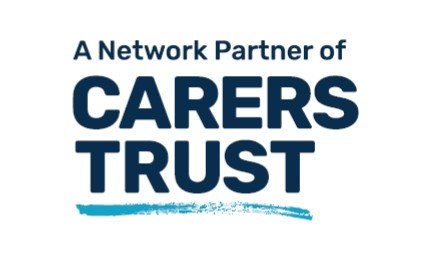A Community Care Assessment’s aim is to identify social care needs and document any intended actions to meet these. The Care Act 2014 states that a person’s wellbeing should be considered when assessing them for social support but the same act also sets a level of need before social services have a duty to provide any assistance. Not all social needs, such as requiring help with shopping, gardening or housework would result in any support being offered and a person would have to have a Community Care Assessment to determine if they are both eligible for support and the amount of help they will receive.
There are some activities where it would be expected that help will be provided, where a service user is unable to manage these unaided; such as bathing, dressing, medicating, toileting and cooking. The assessment should be person focused and a social worker would discuss what the service user would like to achieve and how any disability impacts on their ability to manage this; such as accessing education, work or social events.
Direct support might be offered or a direct payment equivalent, where the money to pay for services is provided to the family to spend on meeting identified needs. If social services cannot offer support in a particular area, referrals might be made to other organisations who can help or general advice given regarding how to accomplish desired aims.
There should be no expectations placed on carers to meet any needs, however, if a carer accepts responsibility to provide any elements of care then the social worker can allow this and not put any alternative provision in place.
As a Community Care Assessment is a tool to determine levels of social needs then any services provided would be subject to a means test and the service user would normally contribute towards the cost of the services, at a level determined by their financial situation.



